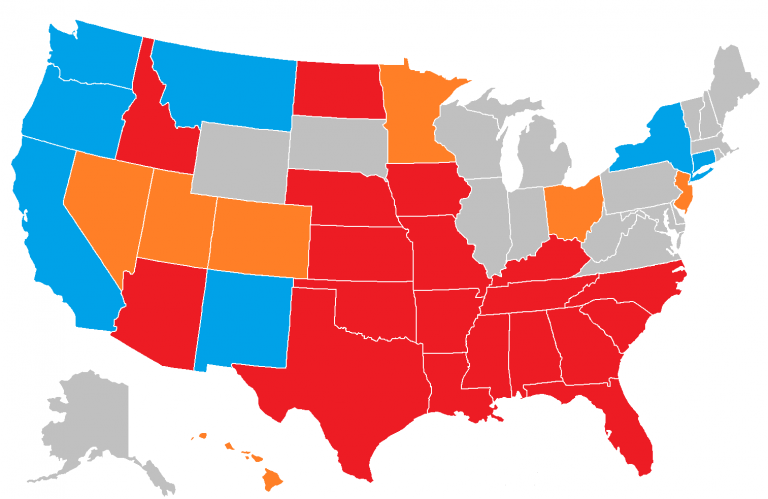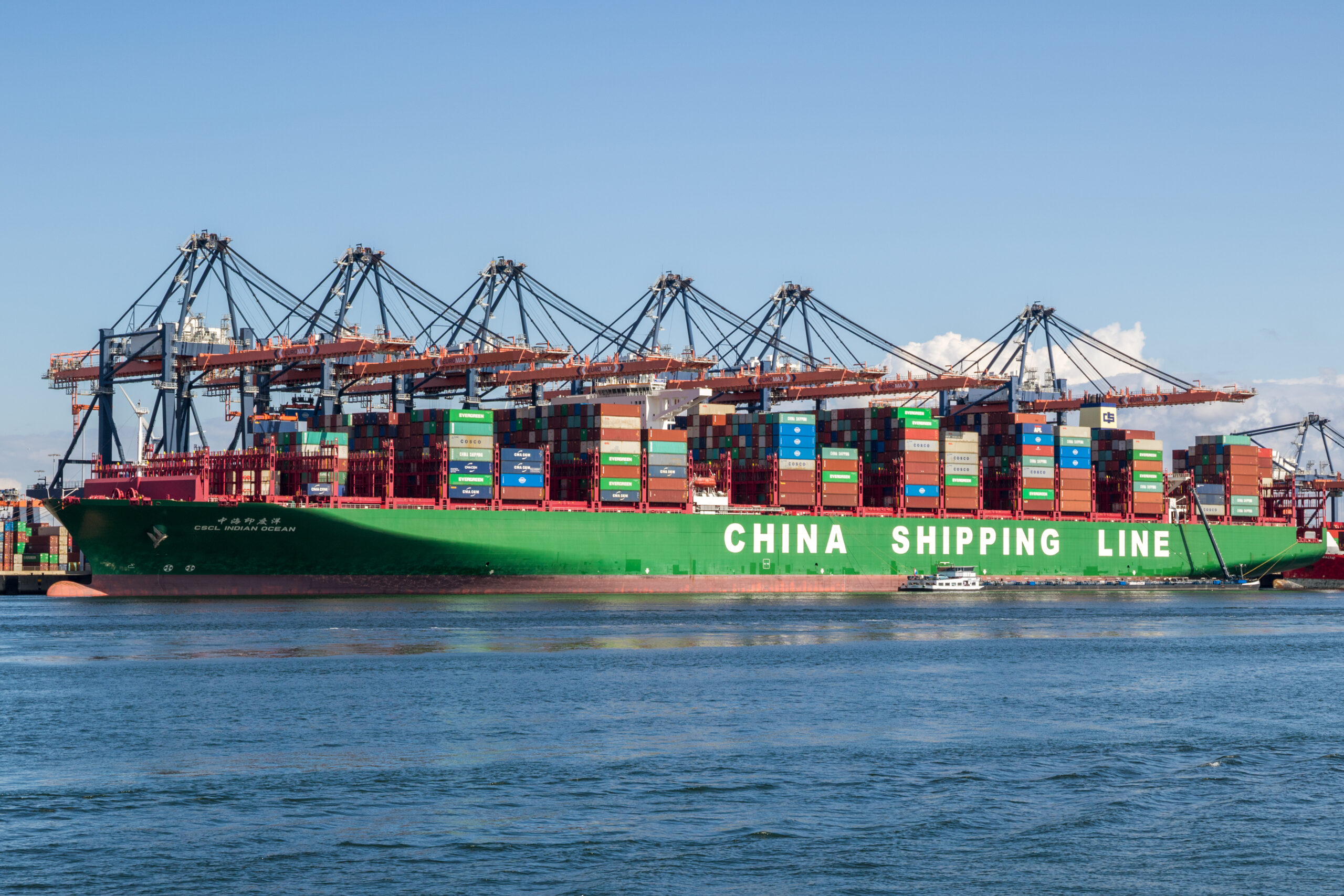Huawei's Exclusive AI Chipset: Challenging Nvidia's Lead In The Global Market

Table of Contents
Huawei's AI Chipset Architecture and Capabilities
Huawei's foray into the AI chip market centers around its Ascend series. This series boasts a unique architecture designed for high-performance computing and deep learning acceleration. Let's delve into its technological advantages and applications.
Technological Advantages
The Ascend series distinguishes itself with several key features:
- High Processing Power: Ascend chips leverage advanced manufacturing processes and innovative design to deliver exceptional processing power, rivaling and in some cases surpassing Nvidia's offerings in specific tasks. This is crucial for handling the complex computations involved in deep learning algorithms.
- Superior Energy Efficiency: Huawei emphasizes power efficiency in its design. Compared to some Nvidia counterparts, Ascend chips boast lower power consumption for equivalent performance, leading to significant cost savings and reduced environmental impact.
- Specialized Instructions for AI Workloads: The Ascend architecture includes specialized instructions optimized for various deep learning operations. These custom instructions significantly speed up AI model training and inference, providing a competitive edge.
- Comparison to Nvidia: While Nvidia's Tensor Cores are industry-leading, Huawei's Ascend chips offer a compelling alternative, particularly in areas focusing on specific AI tasks and energy efficiency. Direct comparisons require benchmarks on specific workloads, but Huawei's claims of competitive performance are backed by internal testing and some third-party evaluations.
Applications and Use Cases
Huawei's Ascend AI chipsets find applications across diverse sectors:
- Cloud AI: Powering large-scale cloud AI services, enabling efficient processing of massive datasets for training and inference.
- Edge AI: Deploying AI capabilities at the edge, closer to data sources for real-time processing in applications like smart cities and industrial automation.
- Autonomous Driving: Processing sensor data and enabling advanced driver-assistance systems (ADAS) and autonomous driving capabilities.
- 5G Infrastructure: Facilitating the processing demands of next-generation 5G networks and supporting advanced network functionalities.
- Consumer Electronics: Powering AI-enhanced features in smartphones, smart speakers, and other consumer devices. Huawei's own devices, for example, heavily leverage Ascend's capabilities.
Examples of successful deployments include partnerships with major cloud providers and integrations into various industrial automation systems. These deployments showcase the versatility and effectiveness of the Ascend series in real-world scenarios.
Market Positioning and Competitive Analysis
Huawei's AI chipset strategy faces both strengths and weaknesses in the fiercely competitive market dominated by Nvidia.
Strengths and Weaknesses
- Strengths: Huawei benefits from strong integration within its existing ecosystem, allowing seamless deployment in its own devices and infrastructure. Furthermore, government support in China provides a significant domestic market advantage. In certain segments, Huawei offers competitive pricing.
- Weaknesses: US sanctions pose a considerable challenge, limiting access to crucial advanced manufacturing technologies and software. This restricts its global reach compared to Nvidia's broader market presence and established supply chains.
The Impact of Sanctions on Huawei's AI Ambitions
US sanctions significantly impede Huawei's global competitiveness. Restrictions on accessing advanced chip manufacturing technologies and essential software components hinder the development and deployment of its Ascend AI chipsets. This impacts the ability to scale production and access key markets. Huawei is actively seeking alternative supply chains and developing its own technologies to mitigate these challenges, but the long-term impact remains significant. The sanctions create a geopolitical dimension to the competition, shaping the landscape of the AI chipset market.
Future Outlook and Predictions for Huawei's AI Chipset
Despite the challenges, Huawei's AI chipset holds significant potential for future growth.
Growth Potential
- Domestic Market Dominance: Huawei's strong domestic presence in China provides a significant foundation for growth. The burgeoning Chinese AI market offers substantial opportunities.
- International Expansion: Huawei continues to explore strategic partnerships and alternative supply chains to expand its reach into international markets. Success will depend on overcoming sanctions-related hurdles and establishing trust with international clients.
- Technological Advancements: Continued innovation in chip architecture and manufacturing processes is crucial for maintaining competitiveness. Huawei's investment in R&D is key to this strategy.
The Long-Term Implications for the AI Chipset Landscape
Huawei's challenge to Nvidia's dominance is reshaping the AI chipset landscape. A more diversified market fosters innovation and potentially leads to more competitive pricing and a broader range of solutions. The long-term outcome remains uncertain, with geopolitical factors playing a significant role. However, Huawei's persistence could fundamentally alter the balance of power in this crucial sector.
Conclusion
Huawei's Ascend AI chipset represents a significant technological advancement and a determined challenge to Nvidia's market leadership. While sanctions create substantial obstacles, Huawei's strategic positioning, domestic market strength, and ongoing innovation offer a path to significant growth. The long-term implications for the AI chipset landscape are substantial, potentially leading to a more diversified and competitive market. To stay updated on the latest developments in this rapidly evolving field, follow industry news and research on Huawei's AI technology and the future of AI chipsets. The ongoing competitive analysis of AI chips promises to be a fascinating area of study in the years to come.

Featured Posts
-
 Microsoft Activision Deal Ftc Files Appeal Against Court Decision
Apr 29, 2025
Microsoft Activision Deal Ftc Files Appeal Against Court Decision
Apr 29, 2025 -
 Cassidy Hutchinsons Fall Memoir A Look Inside The January 6th Hearings
Apr 29, 2025
Cassidy Hutchinsons Fall Memoir A Look Inside The January 6th Hearings
Apr 29, 2025 -
 Sanctuary Cities And States To Be Listed Nationwide Trumps Order
Apr 29, 2025
Sanctuary Cities And States To Be Listed Nationwide Trumps Order
Apr 29, 2025 -
 Exclusive Ivy League Schools Create Secret Alliance Against Trump
Apr 29, 2025
Exclusive Ivy League Schools Create Secret Alliance Against Trump
Apr 29, 2025 -
 Lynas Rare Earths Seeks Us Aid For Texas Refinery Amid Rising Costs
Apr 29, 2025
Lynas Rare Earths Seeks Us Aid For Texas Refinery Amid Rising Costs
Apr 29, 2025
Latest Posts
-
 Cybercriminal Accused Of Millions In Office365 Executive Account Hacks
Apr 29, 2025
Cybercriminal Accused Of Millions In Office365 Executive Account Hacks
Apr 29, 2025 -
 Office365 Executive Inboxes Targeted Millions Stolen Authorities Say
Apr 29, 2025
Office365 Executive Inboxes Targeted Millions Stolen Authorities Say
Apr 29, 2025 -
 Navigating The Difficulties Of All American Production
Apr 29, 2025
Navigating The Difficulties Of All American Production
Apr 29, 2025 -
 Why Domestic Manufacturing In The Us Remains A Challenge
Apr 29, 2025
Why Domestic Manufacturing In The Us Remains A Challenge
Apr 29, 2025 -
 The Struggle To Create All American Products A Realistic Look
Apr 29, 2025
The Struggle To Create All American Products A Realistic Look
Apr 29, 2025
